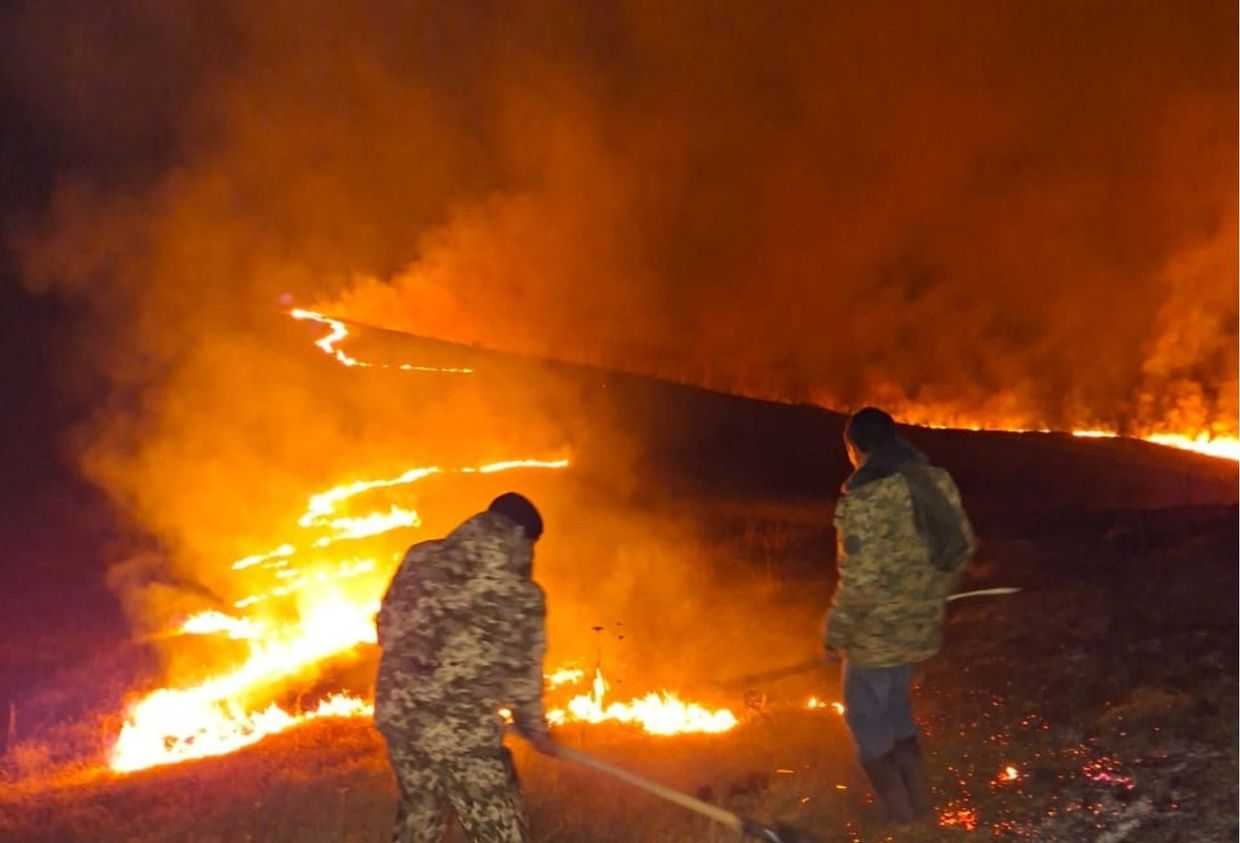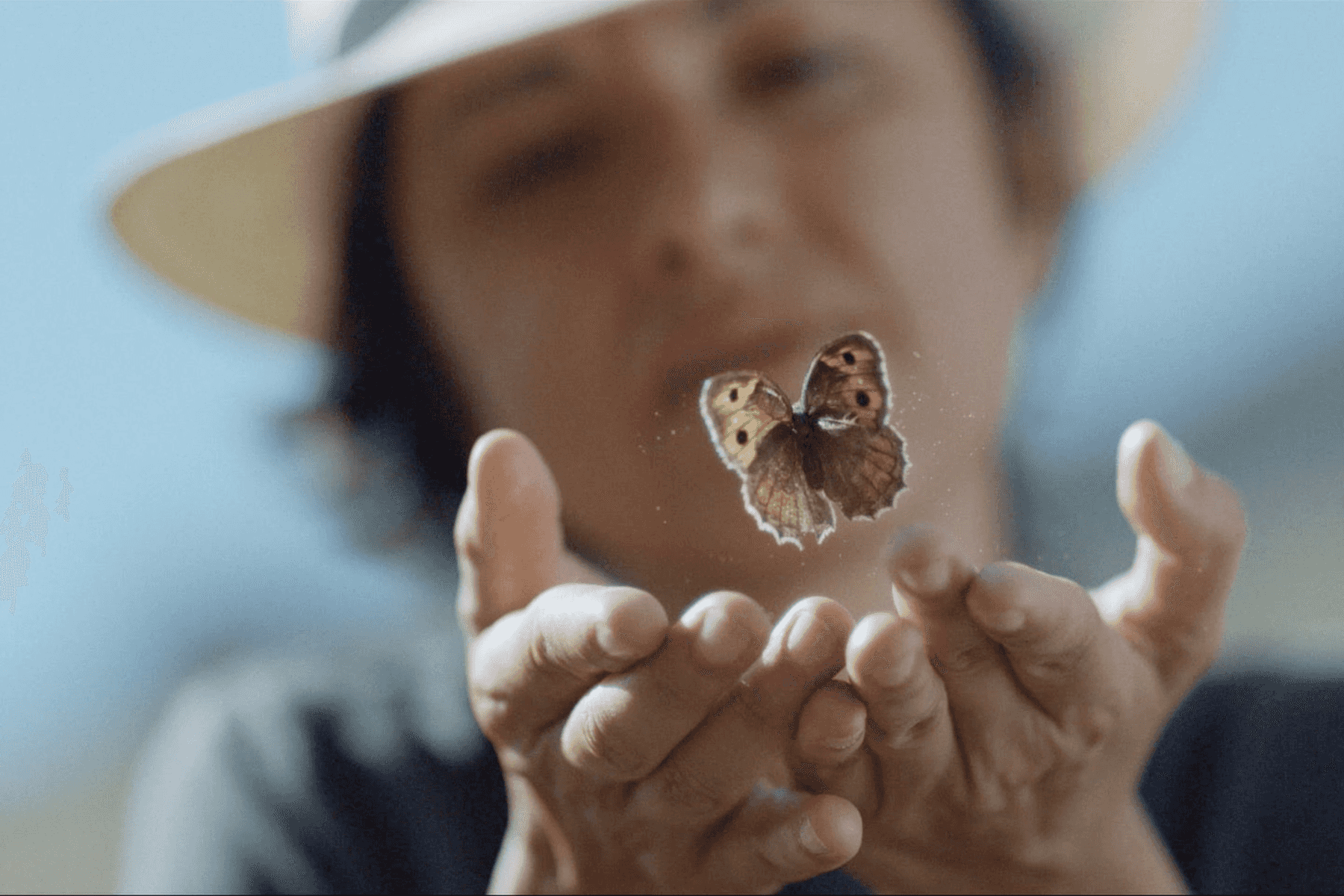
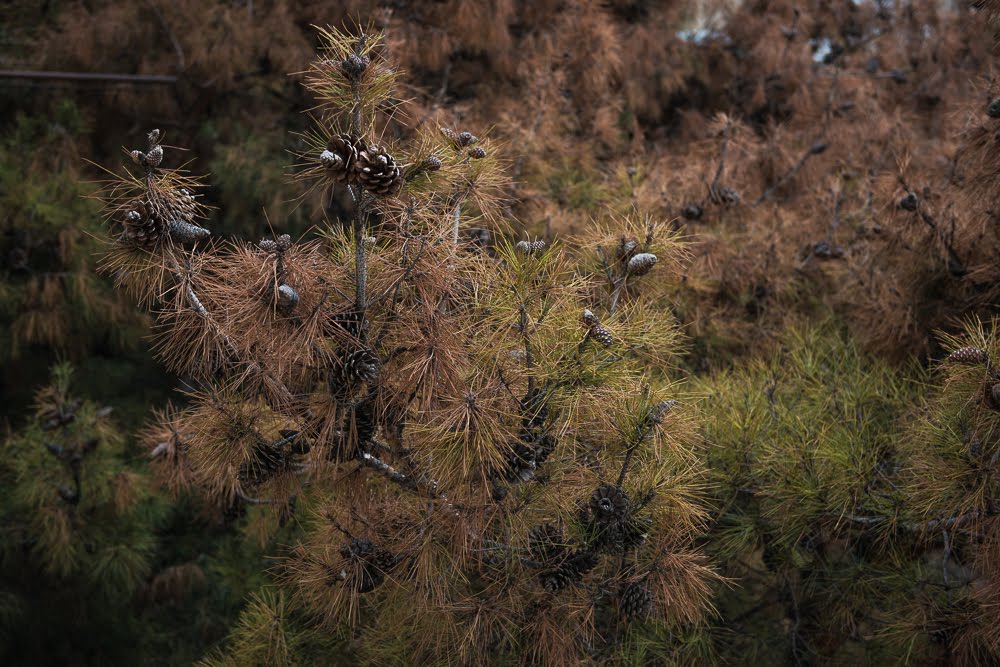
As the trees on Tbilisi’s periphery have began to turn orange and die, struck by parasites and bark fungi spreading throughout the city, Tbilisi City Hall has begun a massive tree cutting and treatment programme. But environmental activists say there is more that can be done to save Tbilisi’s last green areas.
During the Soviet period, pine trees were planted en masse throughout Tbilisi to protect the city from mudslides and floods caused by logging in the 19th century. The communist authorities performed large-scale work, sometimes even exploding rocks where necessary to clear more space for the evergreens. Black pines and cedarwoods proved to be the most resilient, providing shade for leafier trees to grow under their protection.
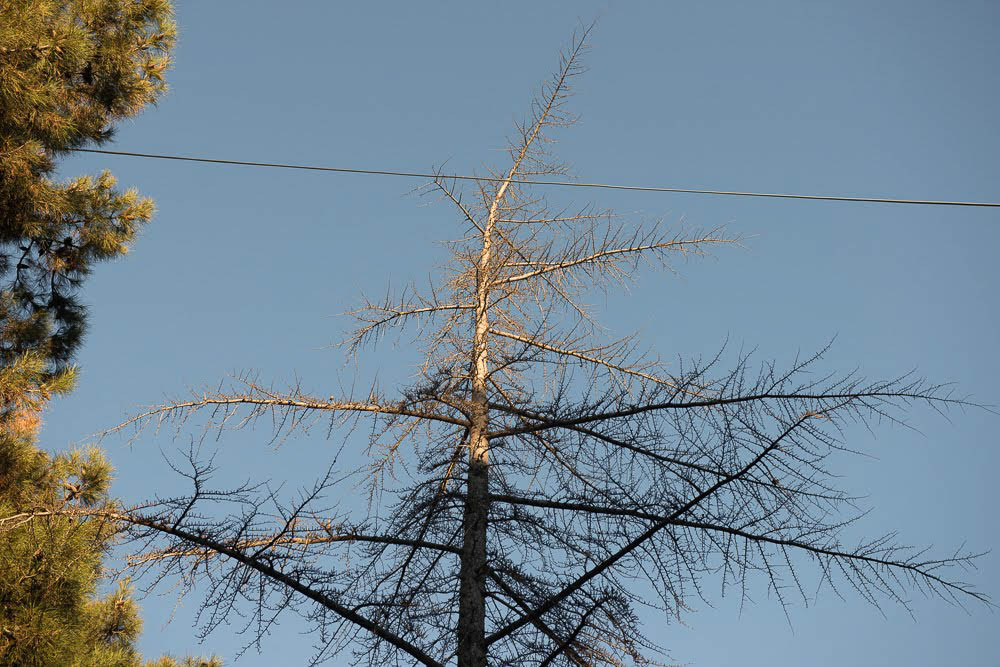
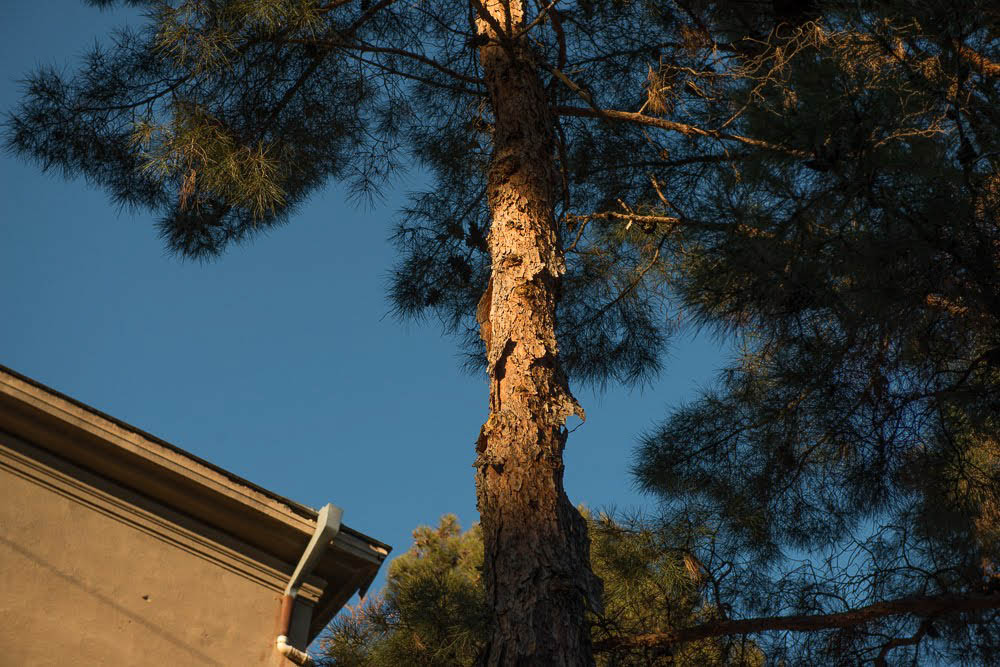

While the trees succeeded in protecting the city from mudslides, the choice of species has created problems in the long-run.
According to Irakli Macharashvili, from environmental organisation the Green Alternative, the choice of species was a bad one: ‘The black pine is not a native species, which would naturally grow better.’
Another mistake, he says, was planting the pines too close together; the pines may have saved the city from mudslides, but they failed to provide space for new trees that would eventually substitute them. ‘For years, mandatory logging hasn’t been performed, and the trees that were already weak became vulnerable to pests’, Macharashvili tells OC Media.
In addition, experts say that during the last five years, a change in climate has taken a toll. According to Macharashvili, rainy springs and extremely dry summers have created the perfect conditions for fungi, and tree-eating bugs have contributed to the rest of the trees’ decline.





